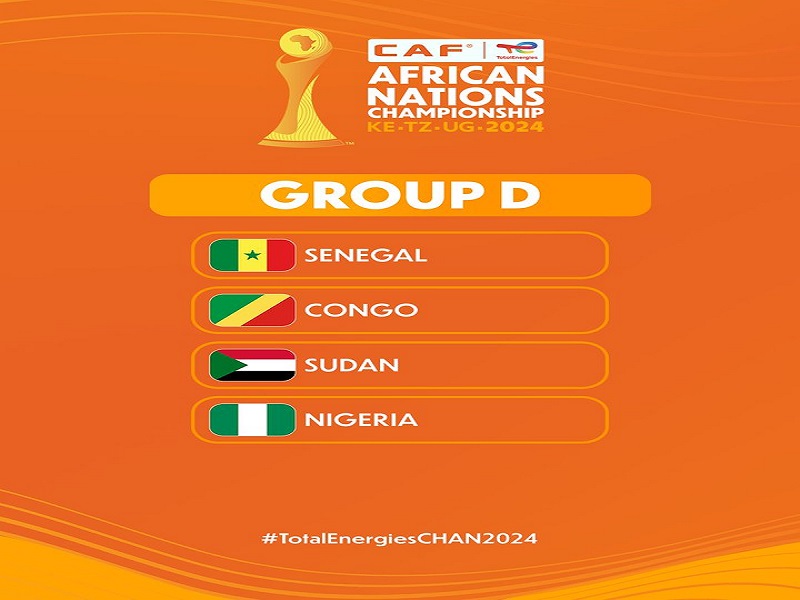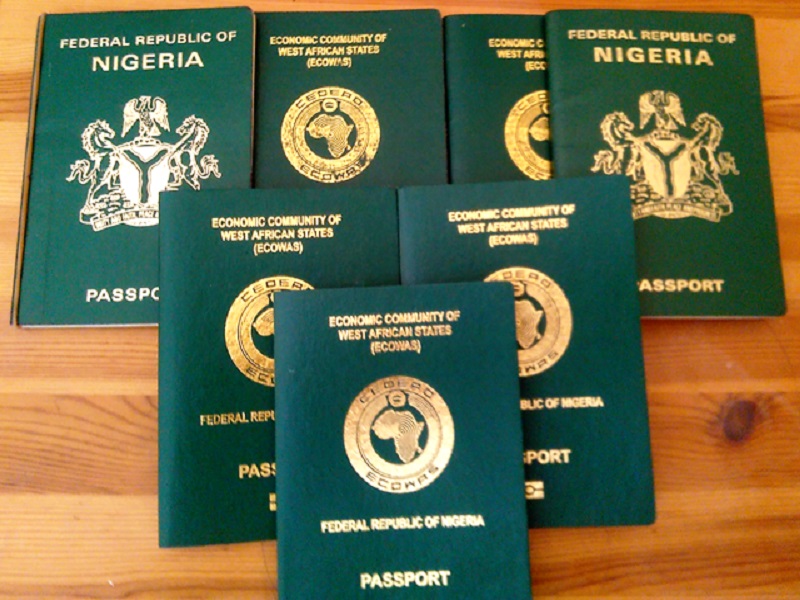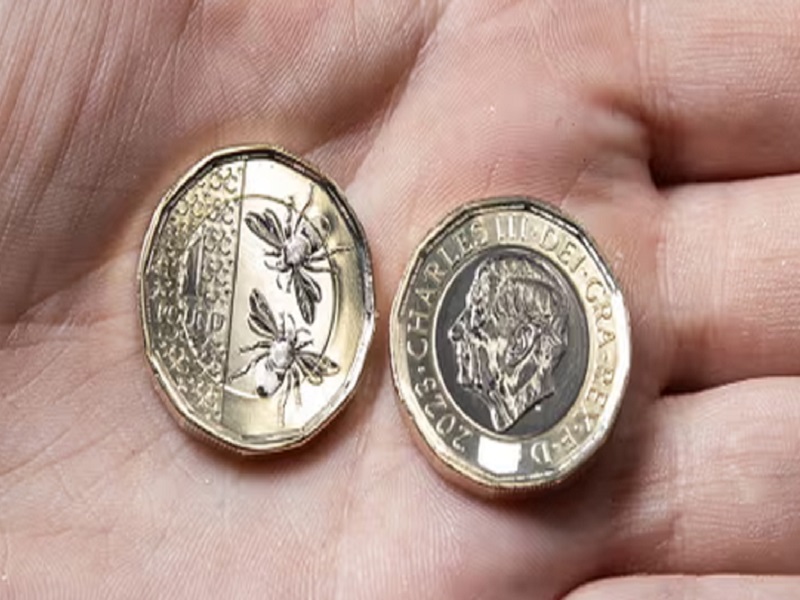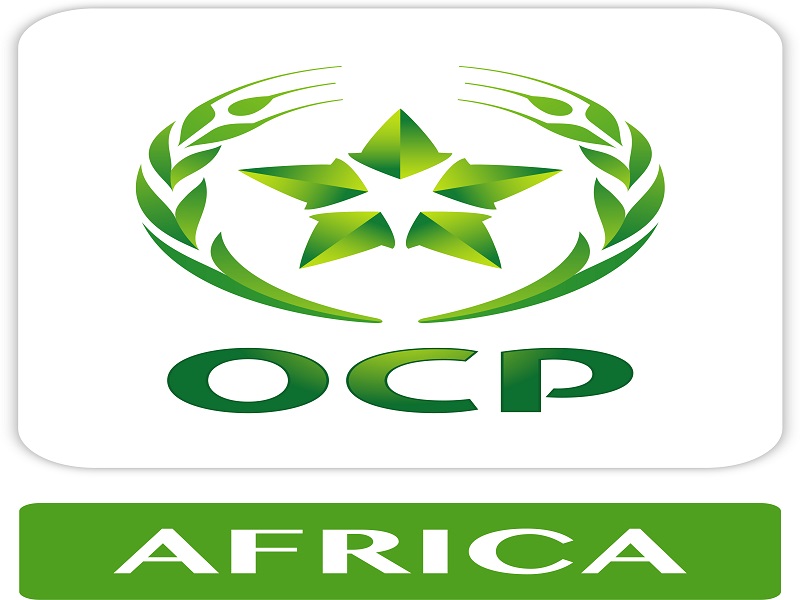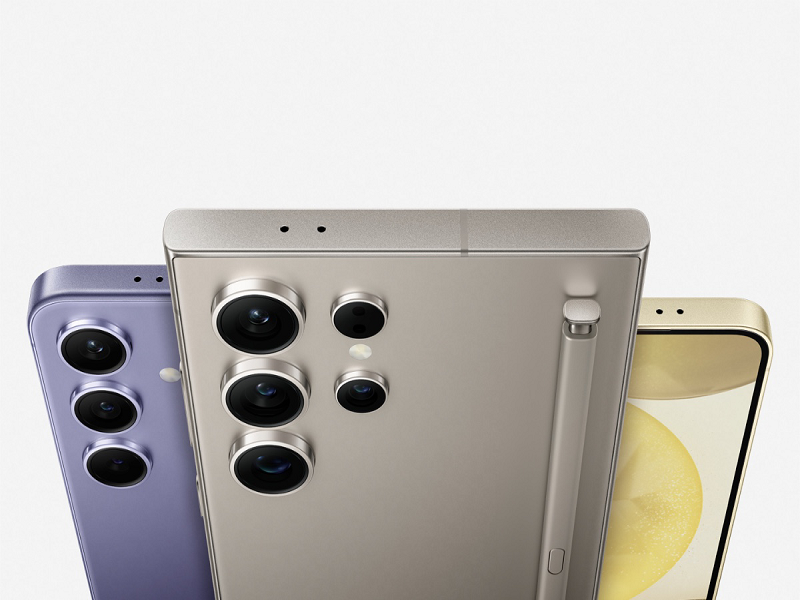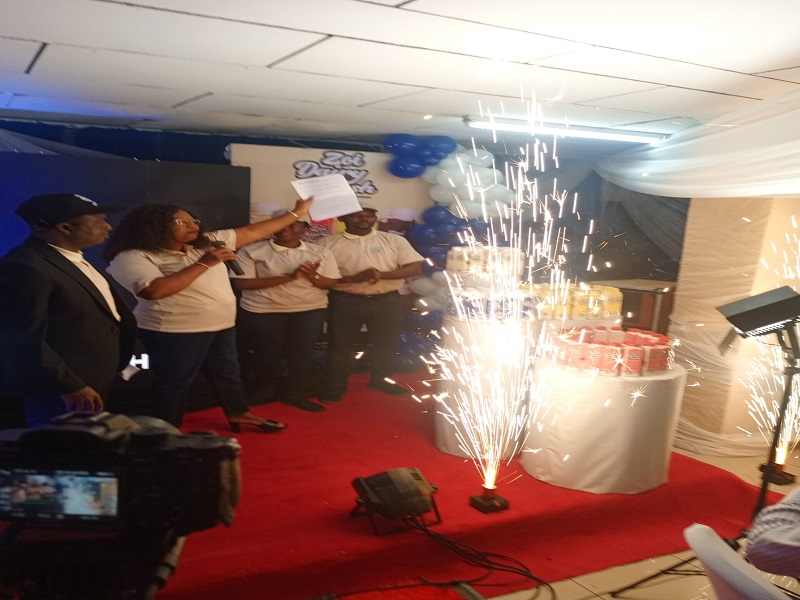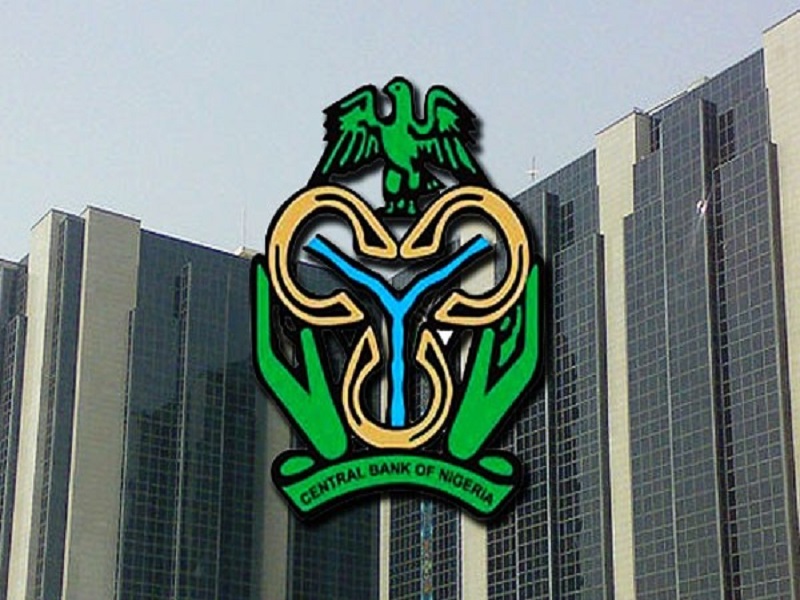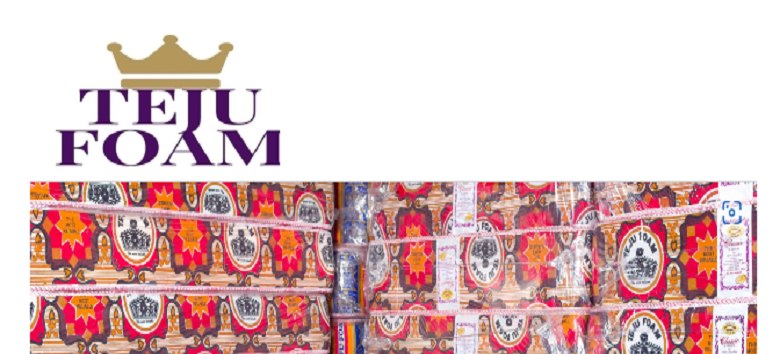Mobile network operators deployed 127,294 base transceiver stations (BTS) last year to make the network more resilient.
Nigeria, which is the most populous country in Africa and the world’s sixth-most populous country, with its technology-neutral licence regime for MNOs has evolved with the various global systems for mobile communication (GSM), including the first generation (1G), 2G, 3G, 4G and, recently, 5G technology, which the Global System for Mobile Communications Association (GSMA) said would cost operators $500 million and 6000 BTS for rollout in top 10 cities.
A report by the Policy Competition and Economic Analysis Department of the Nigerian Communications Commission (NCC) showed that in industry infrastructural development, a substantial telecom infrastructure deployment was recorded last year by MNOs. These include a record of a total of 34,862 towers; 127,294 BTS; 289,270.48km microwave; 125 gateways; and 96,198 km (terrestrial fiber & submarine cable) fibre optics deployment.
















